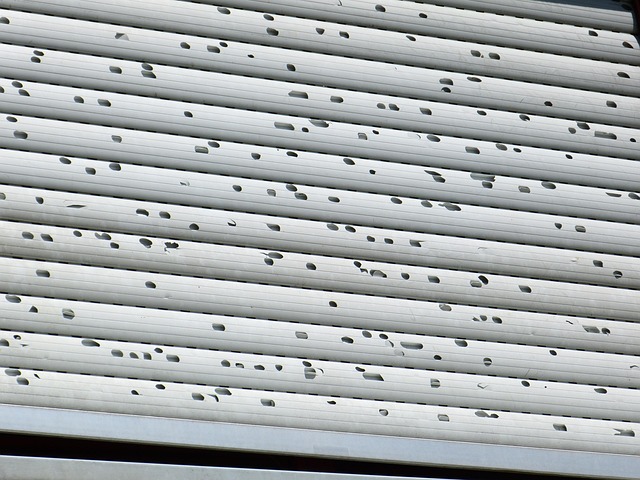In Chicago, "as-is" home sales are popular for properties in current condition, including fire-damaged homes, offering time and cost savings. Buyers interested in flipping or investing benefit from this market segment. Key to success is understanding local building codes and insurance regulations. Adhering to Chicago's guidelines on how to sell a fire-damaged home attracts buyers and streamlines the process.
“In Chicago, as-is home sales present a unique opportunity for both buyers and sellers navigating market fluctuations. This comprehensive guide explores the intricate process of selling a fire-damaged property in the city, offering valuable insights from understanding the legal framework to successful marketing strategies. We delve into the common causes of fire damage, their impact on property value, and the step-by-step process involved. Learn how to stage, present, and negotiate like a pro while exploring real-world case studies of successful as-is home sales in Chicago.”
Understanding As-Is Home Sales in Chicago

In Chicago, as-is home sales refer to properties being sold in their current condition, often with no repairs or renovations made. This type of sale is particularly relevant when dealing with fire-damaged homes. If you’re considering how to sell a fire damaged home Chicago, understanding this market segment is crucial. Many homeowners opt for as-is sales due to the time and cost savings associated with avoiding extensive renovation processes.
This approach can also be advantageous for buyers looking to flip properties or invest in real estate. For fire-damaged homes specifically, buyers can assess the structural integrity and potential for rebuilding or rehabilitation. Understanding local building codes and insurance regulations is essential for both parties involved. By familiarizing themselves with Chicago’s specific guidelines on how to sell a fire damaged home, sellers can attract interested buyers and facilitate a smoother transaction process.
In Chicago, navigating as-is home sales, especially for fire-damaged properties, requires understanding local regulations and connecting with reputable buyers. By familiarizing yourself with the process, from disclosure to closing, you can effectively market your property, whether through traditional sale or specialized services tailored for fire-damaged homes. Remember, transparency is key, ensuring a smooth transition for both sellers and buyers in this unique real estate segment.






